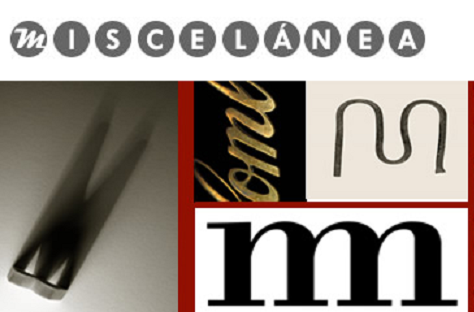"The Genteel Tradition in American Philosophy" as a Valedictory Indictment of the United States
DOI:
https://doi.org/10.26754/ojs_misc/mj.199611037Abstract
This article aims to point out some intellectual and cultural elements that constructed Santayana’s most famous lecture and phrase. Written in the aftermath of the events that transformed the United States in the turn of the century, “The Genteel Tradition in American Philosophy” is more than an elaborate literary critique. It contains Santayana’s objections to authors whose canonized aesthetics had provided ethical alibi for two defining features of the United States in those years: social injustice at home and a foreign policy based on the right of might. This helps us explain Santayana’s decision to leave America not just as the pose of a aesthetician; rather, it foresees the discontent that the American intelligentsia would widely express the following decade. Finally, some comment is offered on the limitations of “The Genteel Tradition” as a tract; our 80-year hindsight permits us assess the shortcomings of early twentieth-century liberal formulas to overcome the evils bred by nineteenth-century capitalism.
Downloads
References
CONN, Peter. 1983. The Divided Mind: Ideology of Imagination in America, 1898-1917. Cambridge: Cambridge UP.
DEWEY, John. 1939. Intelligence in the Modern World. New York: New American Library.
FISHER, Philip. 1988. “Mark Twain.” In The Columbia Literary History of the United States. Gen. ed. Emory Elliott. New York: Columbia UP.
LENTRICCHIA, Frank. 1986. “The Return of William James.” Cultural Critique 4.
PERRY, Ralph Barton. 1964. The Thought and Character of William James. New York: Harper & Row.
POSNOCK, Ross. 1987. “Henry James, Veblen, and Adorno: The Crisis of the Modern Self.” Journal of American Studies 21.1.
- - -. 1991. “Genteel Androgyny: Santayana, Henry James, Howard Sturgis.” Raritan 10.3.
RANS, Geoffrey. 1965. Edgar Allan Poe. Edinburgh: Oliver and Boyd.
ROWSE, L. 1990. “Santayana, a Prophet of Our Time.” Contemporary Review 260.1517.
SANTAYANA, George. 1955. The Sense of Beauty: Being the Outline of Aesthetic Theory. 1896. New York: Dover.
- - -. 1969. The Interpretation of Poetry and Religion. Gloucester (MA): Peter Smith, 1900.
- - -. 1968. Reason in Common Sense. 1905. In Selected Writings of George Santayana. Ed. Norman Henfrey. Cambridge: Cambridge UP.
- - -. 1993. “The Genteel Tradition in American Philosophy.” 1911. In The American Intellectual Tradition: A Sourcebook. Ed. David Hollinger and Charles Capper. Vol. 2. New York: Oxford UP.
SMITH, Henry Nash. 1969. Virgin Land: The American West as Symbol and Myth. Cambridge (MA): Harvard UP.
SPRIGEE, A. 1980. “The Distinctiveness of American Philosophy.” In Two Centuries of Philosophy in America. Ed. Peter Caws. Totowa (NJ): Rowan & Littlefield.
SUNDQUIST, Eric. 1988. “Realism and Regionalism.” In The Columbia Literary History of the United States. Gen. ed. Emory Elliott. New York: Columbia UP.
SUSMAN, Warren. 1985. History and Culture: The Transformation of American Society in the Twentieth Century. 1984. New York: Pantheon.
TALLACK, Douglas. 1991. Twentieth Century America: The Intellectual and Cultural Context. London: Longman.
TANNER, Tony. 1965. The Reign of Wonder: Naivety and Reality in American Literature. Cambridge: Cambridge UP.
WESTBROOK, Robert. 1991. John Dewey and American Democracy. Ithaca (NY): Cornell UP.
WILSON, Douglas, ed. 1967. The Genteel Tradition: Nine Essays by George Santayana. Cambridge (MA): Harvard UP.
Downloads
Published
How to Cite
Issue
Section
License
Copyright (c) 1996 Juan José Cruz Hernández

This work is licensed under a Creative Commons Attribution-NonCommercial 4.0 International License.


